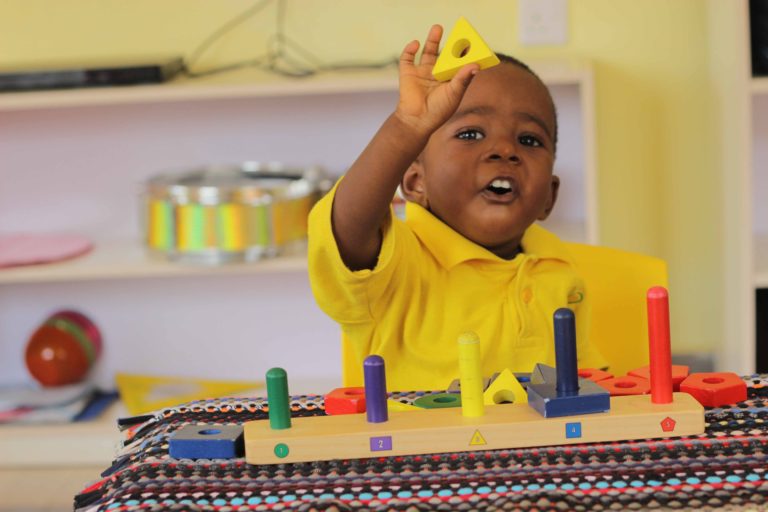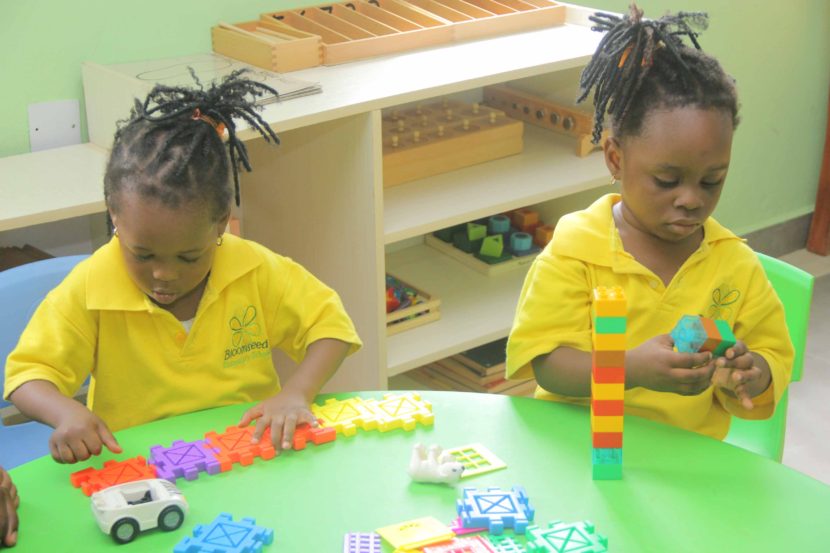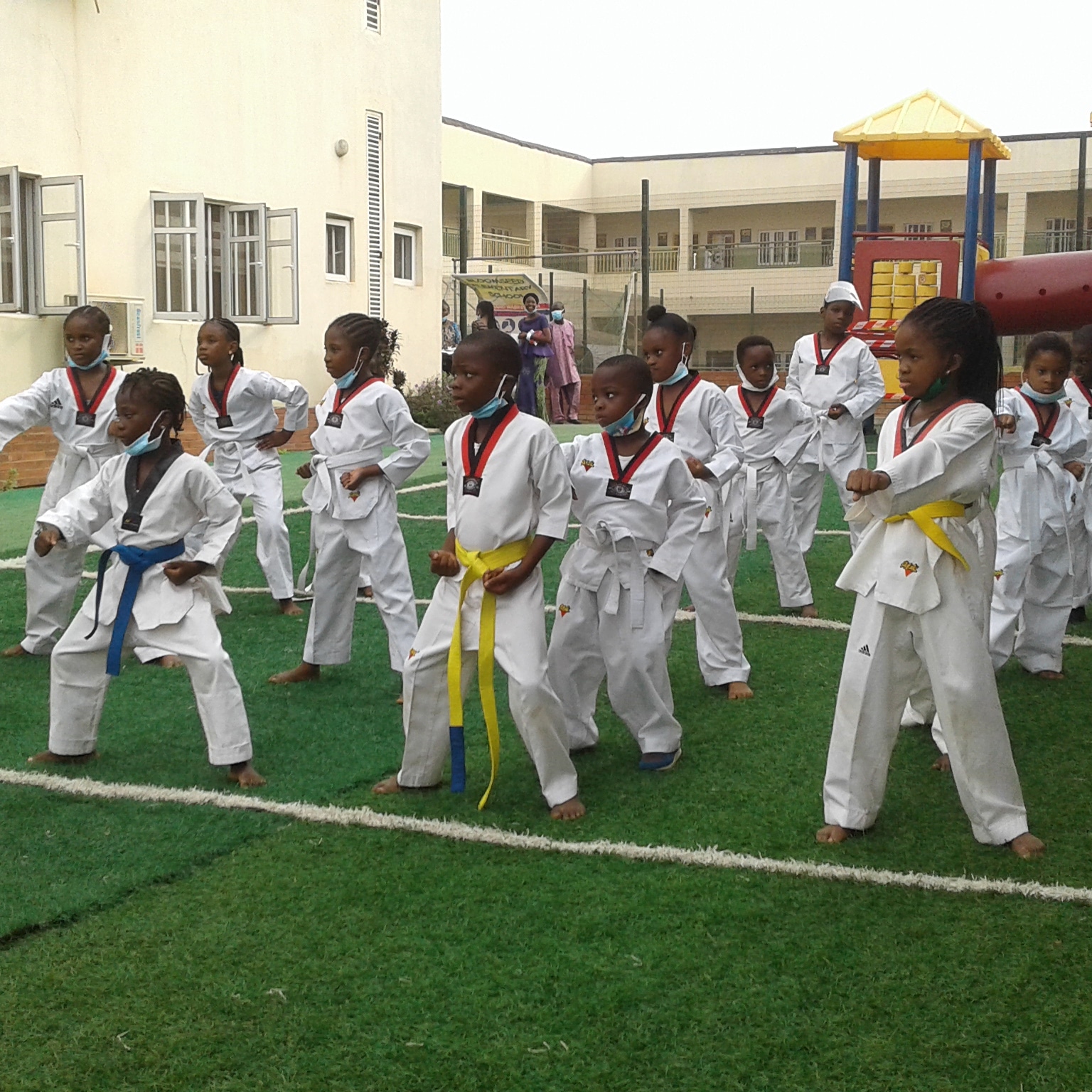8 Ways to Teach Kids Self-Discipline Skills Strategies to help kids become more responsible
By Amy Morin, LCSW
(Culled From https://www.verywellfamily.com/teach-kids-self-discipline-skills-1095034)
The ultimate goal of discipline should be for your child to learn self-discipline.
After all, you want your child to make good choices when you’re not in the room.When kids have self-discipline, they’re able to delay gratification, resist unhealthy temptations,and work hard even when they don’t feel like doing it. Whether that means turning off the electronics so they can get their homework done or it means resisting an extra cookie when Mom isn’t looking, self-discipline is the key to helping kids become responsible adults.

1 Provide Structure
Create a similar schedule every day. Kids need a morning routine that includes when to eat breakfast, comb their hair, brush their teeth, and get dressed. Create an after-school routine that teaches your child how to divide his time between chores, homework, and fun activities. It’s also important to have a bedtime routine that teaches the
importance of settling down and getting plenty of rest.Keep your child’s routines simple. And with practice, he should be learning to implement each step of his routine on his own.
2 Explain the Reason Behind Your Rules
When it comes to helping kids learn how to make healthy choices, an authoritative approach helps kids understand reasons for the rules.Instead of saying, “Do your homework as soon as you get home from school,” explain the
underlying reason for the rule. Say, “It’s a good choice to do your homework first and then have free time later, as a reward for getting your work done.” This helps them to understand the underlying reasons for your rules. Instead of saying, “My mom said I have to do this,” a child will understand the potential consequences of his choices. Of course, you don’t want to launch lengthy explanations or lectures that will bore your child. But
a quick explanation about why you think certain choices are important can help your child
understand choices better.
3 Implement Appropriate Consequences
Sometimes, natural consequences can teach some of life’s greatest lessons. A child who constantly forgets his homework at home won’t learn to pack his belongings if his mother delivers his homework to the school each time he forgets. Instead, he may need to face the consequence from his teacher before he learns.At other times, kids need logical consequences. A child who plays too rough with his mother’s computer may need to lose the privilege of playing games on it. Or a child who has trouble getting up in the morning may need an earlier bedtime that night.
It’s important to avoid power struggles. Trying to force your child to do something won’t teach self-discipline.
Instead, explain what the negative consequences will be if he makes a poor choice. Then, give him the choice.
Say, “If you don’t pick up your toys right now, you’ll need to go to time-out.” Follow through with a consequence if he doesn’t pick up, but don’t yell or try to force him into compliance. Keep in mind that he needs to learn how to make healthy decisions on his own, by examining the potential consequences of his behavior.
4 Shape Behavior One Step at a Time
Self-discipline is a process that takes years to hone and refine. Use age-appropriate discipline strategies to shape behavior one step at a time.Instead of expecting a 6-year-old to suddenly be able to do his entire morning routine without any reminders, use a picture chart on the wall that depicts someone combing her hair, brushing
her teeth, and getting dressed. You can even take pictures of your child doing these activities and create your own chart. When necessary, provide reminders to your child to look at the chart until he is able to look at the chart and do each task on his own. Eventually, he’ll need less reminders and won’t require the chart as his self-discipline improves. Any time your child is learning a new skill or gaining more independence, help him do so one
small step at a time.

5 Praise Good Behavior
Provide positive attention and praise whenever your child demonstrates self-discipline. If your child usually hits when he’s angry, but you discover him using his words, say, “Great job working it out with your brother with your words!” Sometimes good behavior goes unnoticed, and giving kids praise for making good choices increases the likelihood that they’ll repeat that behavior. Provide praise when kids do things without requiring reminders. Say, “Great job sitting down to do your homework before I even told you to!” or “I’m so proud that you chose to clean your room today all on your own.” Even saying, “Great job putting your dish in the sink when you were done eating,” can encourage a repeat performance.
6 Teach Problem-Solving Skills
Teach problem-solving skills and work together to problem-solve specific issues related to selfdiscipline.
Sometimes, asking kids what they think would be helpful can be an eye opening experience that can lead to creative solutions. There may be a fairly simple solution to a behavior problem. A child who struggles to get dressed in time for school may benefit from having her outfit picked out the night before. Setting a timer for five minutes might also keep her on task. More complex problems may require a series of trial and error type interventions. A teenager who isn’t getting his homework done may need several changes before he becomes more motivated to get his work done on his own. Try removing a privilege. If that doesn’t work, try having him stay after school to see if he can get it done before he comes home. Keep trying different solutions until you can find something that works while keeping him involved in the process.

7 Model Self-Discipline
Kids learn best by watching adults. If your child sees you procrastinating or choosing to watch TV instead of doing the dishes, he’ll pick up on your habits. Make it a priority to model self-discipline. Pay attention to areas where you might struggle with discipline. Perhaps you spend too much money, eat too much, or lose your temper when you’re angry. Work on those areas and make it clear to your child that you seek to do better.
8 Offer Incentives
A reward system can target specific behavior problems. A preschooler who struggles to stay in his own bed at night may benefit from a sticker chart to motivate him. An older child who struggles to do his homework on time and get his chores done may benefit from a token economy system. Reward systems should be short-term. Phase them out as your child begins to gain selfdiscipline. Keep in mind that there are plenty of rewards that don’t cost money. Use extra privileges, like electronics time, to motivate your child to become more responsible.
Sources
Morin A. . New York, NY: HarperCollins; 2017.
13 Things Mentally Strong Parents Dont Do: Raising Self-Assured Children and Training Their
Brains for a Life of Happiness, Meaning, and Success
Zimmerman BJ, Kitsantas A. Comparing students’ self-discipline and self-regulation measures and their
prediction of academic achievement. Contemporary Educational Psychology. 2014;39(2):145-155.





